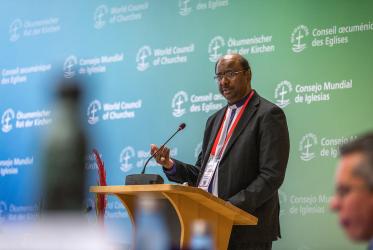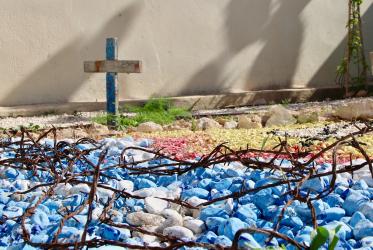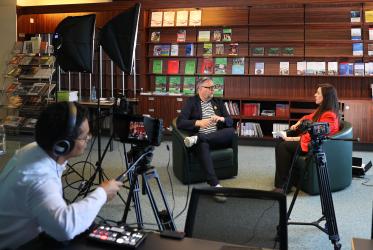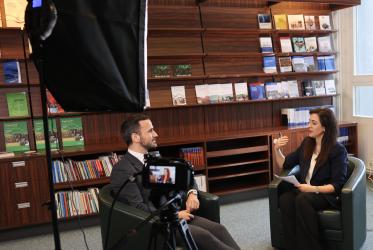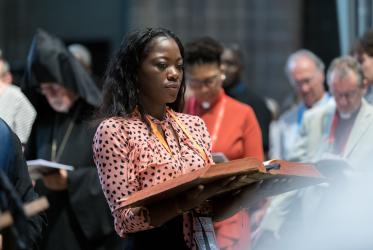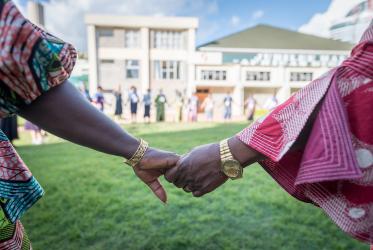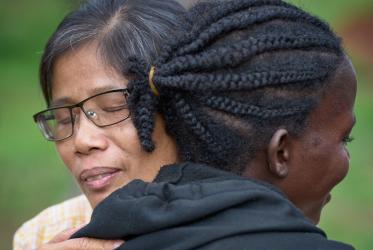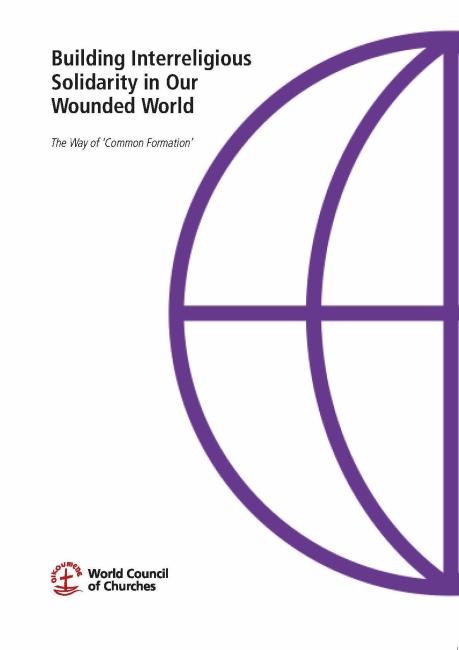Displaying 81 - 100 of 1811
Recommended Practices to Combat HIV-Related Stigma
A Guidebook for Local Faith Communities
05 October 2023
Faith Sector Implementation of the Global AIDS Strategy
05 October 2023
WCC will host consultation on evangelism and formation in Latin America
20 September 2023
New WCC Faith and Order Commission holds inaugural meeting
14 September 2023
Celebratory event discusses Black leaders’ contributions to WCC
06 September 2023
Ecumenical International Youth Day 2023 Toolkit
Young People and Their Voices from the Warzones
26 July 2023

